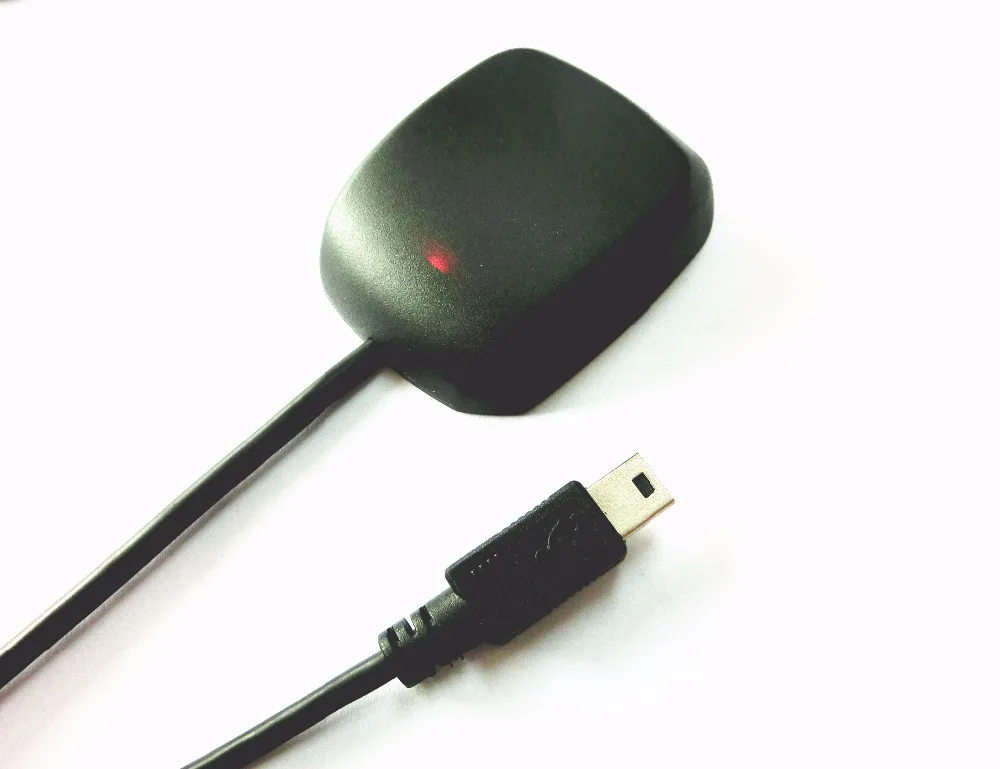
Mini USB 300Mbps WiFi Wireless Receiver Adapter Network Card with Antenna for PC - buy Mini USB 300Mbps WiFi Wireless Receiver Adapter Network Card with Antenna for PC in Tashkent and Uzbekistan:

StarTech.com Down Angle Mini USB Cable - 2m - Black - USB A to Mini USB B - USB to Mini USB Cable - Mini USB Charger - USB A to Mini B (USBAMB2MD) : Everything Else - Amazon.com

Mini USB Wifi Adapter 150Mbps 2dB Antenna PC USB Wi-fi Receiver Wireless Network Card 802.11b/n/g High Speed USB Lan Ethernet

Mini Usb Wifi Adapter 150mbps 2db Antenna Pc Usb Wi-fi Receiver Wireless Network Card 802.11b/n/g High Speed Usb Lan Ethernet - Buy Mini150m Wifi Adapter With 2dbi Antenna,I Usb Wifi Adapter 150mbps,802.11n/g/b

Мини USB Wi-Fi Адаптер 150 Мбит 2dBi Антенны Wi-fi Беспроводной сеть LAN Card 2.4 Г USB Wi-Fi Dongle Для Портативных … | Wireless networking, Usb, Wireless computer

EDUP EP-N1581 Mini USB Wifi 802.11n/g/b 300Mbps 2.4GHz Wireless Adapter External Antenna - Flutter Shopping Universe

China Ralink Rt5370 802.11n 150Mbps Mini USB WiFi Wireless Antenna Adapter for PC Mag Boxes - China Ralink Rt5370 WiFi Adapter for Android Tablet and Rt5370 price

RF coaxial connectors,adapters, cable assemblies,aluminum enclosure,3G/GSM/WIFI/GPS antennans | Shenzhen Superbat Electronics Co., Ltd.

Mini Network Card USB WiFi Adapter 150mbps 2dBi Wi-Fi adapter PC Wi Fi Antenna WiFi Dongle 2.4G USB Ethernet WiFi Receiver - AZLUX

Amazon.com: MEIYIN 150Mbps Mini USB WiFi Adapter Wireless PC Computer Network Card Adapter for Desktop Laptop Wi-fi Antenna Dongle for Windows 10 8 7 MAC OS : Electronics

USB WiFi Antenna USB Power Cable For EZCast Wecast C2 / M2 / Vsmart V5ii Wireless Netcard Two In One WiFi USB Cable From Xiaolei002, $14.04 | DHgate.Com

Digital HD mini usb tv stick with antenna mobile dvb-t2 receiver tv, dvb-t2 receiver tv mobile dvb-t2 receiver tv usb tv stick - Buy China dvb-t2 receiver tv on Globalsources.com

Mini PC WiFi adapter 150M USB WiFi antenna Wireless Computer Network Card 802.11n/g/b LAN+Antenna wi-fi adapters wi fi antenna | Wish

Buy Mini Usb 2.0 Wifi Adapter High Gain 150Mbps Wireless Antenna For Computer Phone at affordable prices — free shipping, real reviews with photos — Joom

Mini USB DVB-T tuner TV receiver Dongle/Antenna DVB T HD Digital Mobile TV HDTV Satellite Receiver | Wish

FAKRA-HSD-USB-M 4CARMEDIA - Antenna adapter | Fakra,USB A socket; with lead; 0.18m; BMW,Mini | TME - Electronic components

Price history & Review on CHIPAL Mini USB WiFi Adapter 150Mbps External Wireless LAN Network Card Antenna Wi-Fi Receiver Dongle 802.11n for PC Windows Mac | AliExpress Seller - CHIPAL Certified Store

150Mbps RT5370 Mini USB Strong WiFi Adapter For TocomFREE S989 S929ACM I928ACM Speed HD S5 Azamerica S1001 S1005 S1008 Kategoorias Satelliit-tv Vastuvõtja

300Mbps 802.11n/g/b Mini USB Wifi Adapter wi-fi Network LAN Card w/Antenna New - buy 300Mbps 802.11n/g/b Mini USB Wifi Adapter wi-fi Network LAN Card w/Antenna New: prices, reviews | Zoodmall

CHIPAL Original Packege 150M Mini USB WiFi Adapter Dongle Antenna Wireless Network LAN Card 2.4G 802.11n/g/b for PC Computer|lan card|wifi adapter dongleusb wifi adapter dongle - AliExpress

Wi-Fi Dongles Accessories Merlin Scientific® 150Mbps Mini USB WiFi Adapter Receiver Dongle Antenna Wireless Network LAN Card 2.4G 802.11n/g/b for PC/Laptop agreena.com

Price history & Review on Mini USB Wifi Adapter 150Mbps 2dB Antenna PC USB Wi-fi Receiver Wireless Network Card 802.11b/n/g High Speed USB Lan Ethernet | AliExpress Seller - Tantan Store





